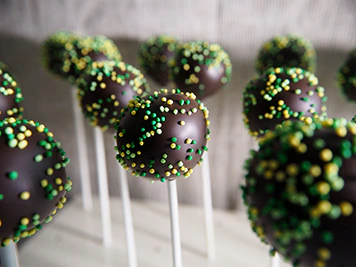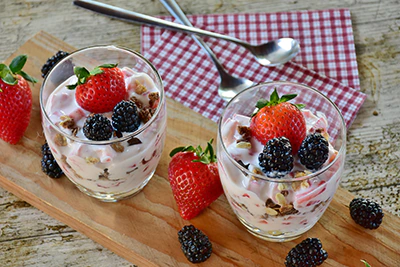| Essence |
Acesulfame K or E950 is a synthetic sweetener that is calorie-free and 200-fold sweeter than table (regular) sugar which due to these characteristics is commonly used as a sugar substitute and claimed to be the healthier option. |
| Names |
Acesulfame Potassium, Ace K, 55589-62-3, E950, Acesulfame K, and others. |
| Sourcing |
Acetoacetic Acid. |
| Manufacturing |
The sourcing ingredient is mixed with Potassium. This forms an acetoacetate salt which is then oxidized, for example, mixed with Hydrogen Peroxide or Hydrogen Chlorine. The outcome of that gets cyclized with the help of substances like Sulfuric Acid, Hydrochloric Acid, or Phosphoric Acid. After that, it is about purification, concentration, and crystallization. Finally, the resulting substance is dried. |
| Application |
Sweetener and flavor enhancer. It’s highly water-insoluble. |
| Acceptable Daily Intake |
15 milligrams per kilogram of body weight in the US or 9 milligrams per kilogram of body weight in the EU. |
| Side Effects |
Cancer, depression, eating disorders, obesity, diabetes, heart disease, leaky gut to name a few. |
| Benefits |
It offers no real benefits. There are some advantages when compared to sugar like it’s tooth-friendly and has low glycemic impact but no actual health benefits. |
| Studies |
280+ studies on Pubmed. 35+ studies on safety. |
| Allergens |
None. |
| Diet Restrictions |
None. |
| Health Knight Assessment |
Seriously Harmful. | Hence, it’s a Category 5 Additive. |
| Products |
Acesulfame K (E950) is commonly found in juices, yogurts, soft drinks, energy drinks, chocolate drinks, sauces, desserts, puddings, syrups, fondant, gum, ice creams, soy milk, peanuts, jellies, chocolate snacks, mochas, protein bars, candies, sweets, cakes, sushi, mints, mustard, ketchup, chocolate bars, baked beans, sprinkles, flavored waters, and more. |



